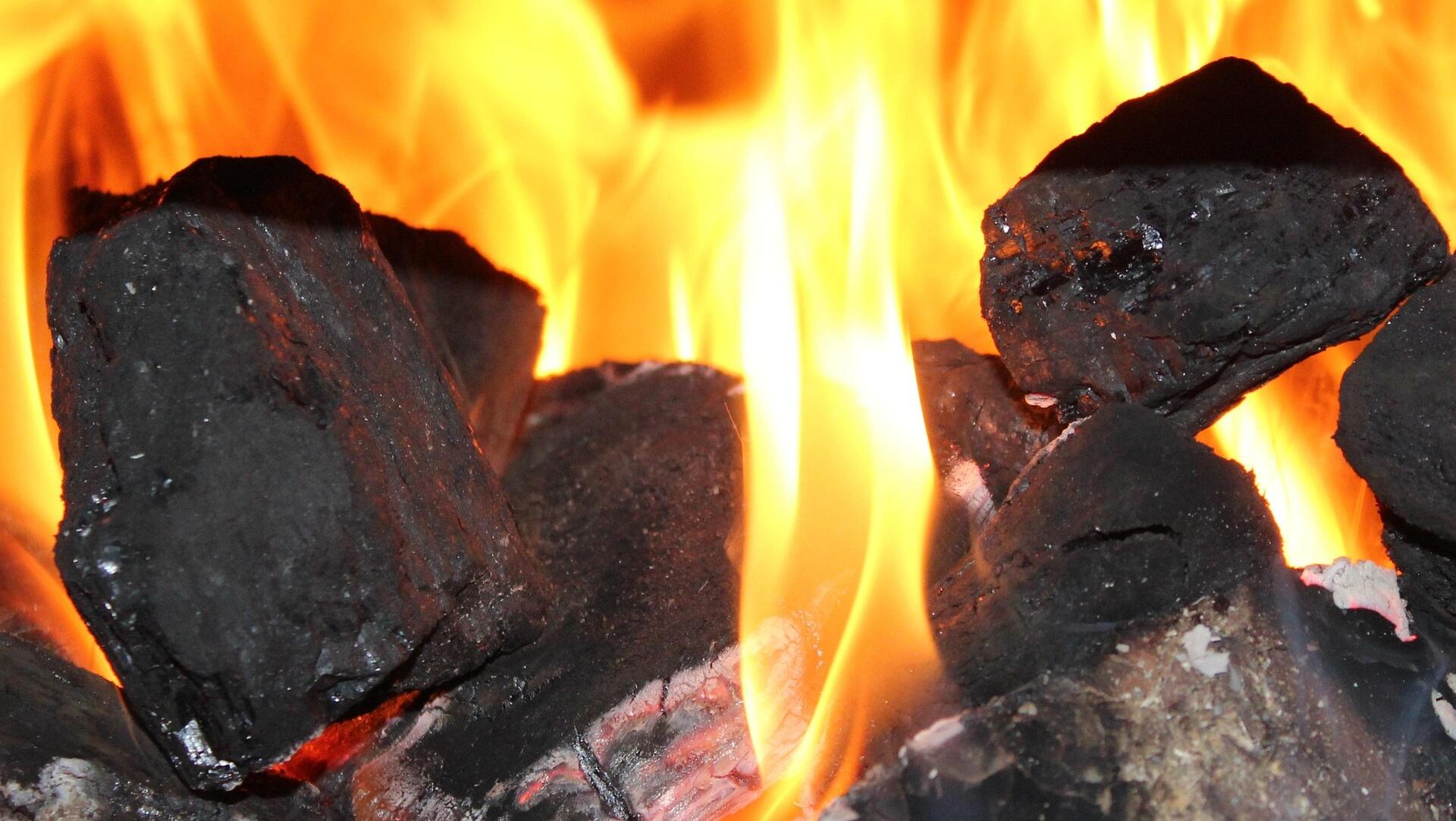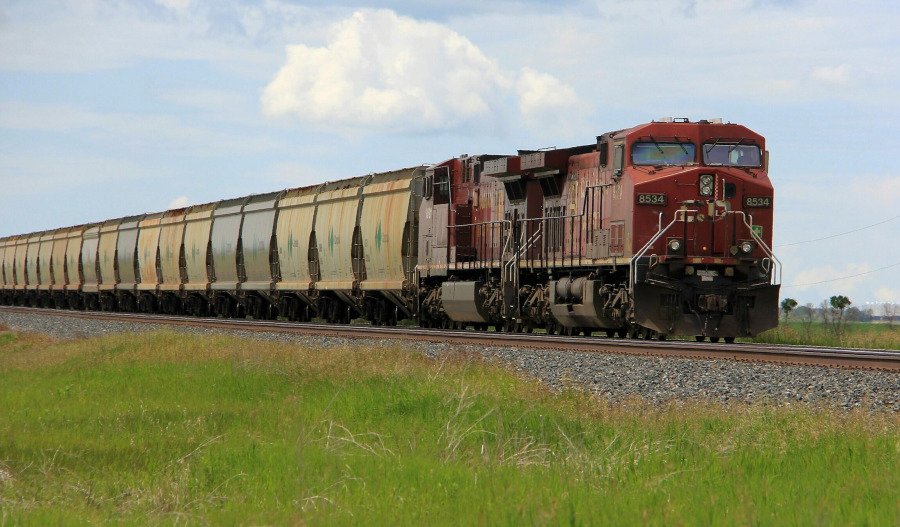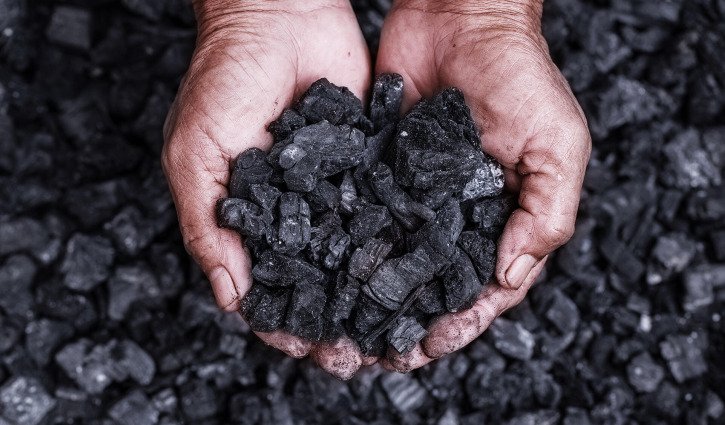Australia’s largest super fund, AustralianSuper (AusSuper), which claims to be committed to reaching net zero emissions is about to become the single biggest shareholder in Whitehaven Coal (ASX: WHC).
While AusSuper had built a 6.17% position in the Queensland coal company - which earns a third of its revenue from extracting thermal coal, which is sent to Asia and burned for electricity – the super fund bought an additional 9.94 million shares between 23 May and 11 June.
However, the fund failed to submit the necessary legal disclosure, which is supposed to be filed within “two business days” of at least 1% movement in an entity.
But disclosure issues aside, shareholder advocacy groups have been left making sense of the super fund’s biggest interest in Whitehaven in 10 years.
Following recent purchases, AusSuper now owns 70.9 million shares in Whitehaven, or 8.47% of shares on issue.
While AusSuper sold down its coal interests in 2020 when ESG was at its zenith, it appears to have turned it back on ESG investing principles and now owns over $361 million in Whitehaven.
To put AuSuper’s interests in coal into context, according to Market Forces, it now holds around triple the combined shares [in Whitehaven] of all of the other top 30 super funds in their default investment options.
While AusSuper has previously attempted to justify its stake in Whitehaven on the pretext that metallurgical coal is more ESG friendly, Market Forces accuses the fund of greenwashing and questions its commitment to ethical investing.
“How on earth can AustralianSuper call itself a responsible investor after buying millions of shares in Whitehaven Coal?” Market Forces’ senior analyst, Brett Morgan, said.
“AustralianSuper is backing Whitehaven’s expansion plans, which would result in nearly 5bn tonnes of carbon pollution from burning coal, equivalent to running all of Australia’s coal-fired power stations until 2062.”
Echoing similar sentiments to Market Forces, Naomi Hogan, from the Australasian Centre for Corporate Responsibility, says AusSuper’s move is going against the trend within the superannuation sector, which has been focusing on ESG and emissions reductions.
“Metallurgical coal investing cannot be used to shield against scrutiny of coal,” Hogan said.
“Last year ACCR published research based on a global survey of 500 investors in the steel value chain, which found that 80% of investor respondents believe metallurgical coal’s risk profile will increase in the next decade.”
However in spite of these criticisms, AusSuper argues that the energy transition is by no means linear.
The super fund has reiterated its long-term goal of net zero by 2050 and claims that thermal coal will be an important stabilising source of electricity for the grid for some time to come, both domestically and overseas.
“Whitehaven’s acquisition of BHP’s metallurgical coal assets changed the company’s revenue profile and made it a more attractive investment given their importance in steelmaking," the spokesperson said.
Metallurgical coal is used primarily to make steel while thermal coal is primarily used for electricity generation.



